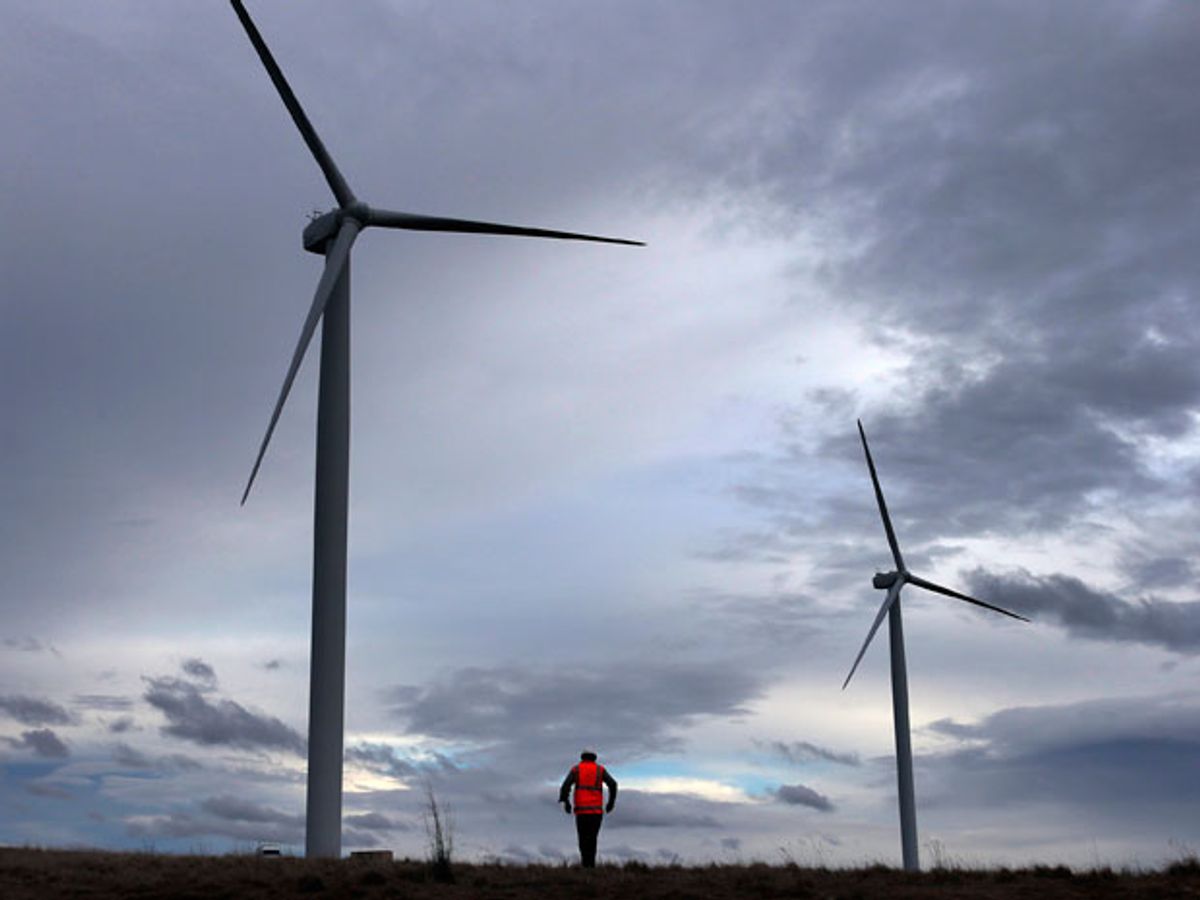The Australian Senate voted to repeal the country's carbon tax, which since 2012 had charged the biggest polluters for each metric ton of CO2 they emitted. The tax has been a source of political controversy since its inception, and Prime Minister Tony Abbot cited economic hardships as the driving force for this repeal.
"Scrapping the carbon tax is a foundation of the government's economic action strategy," Abbot said according to the BBC. "We are honoring our commitments to you and building a strong and prosperous economy for a safe and secure Australia." Instead of charging emitters in an effort to reduce carbon pollution, the Prime Minister wants a system, funded by taxpayers, that would pay industry to use renewable energy.
The Australia Greens leader Christine Milne called this an "appalling day for Australia."
The economic argument against the carbon tax is seriously flawed, according to some. In The Monthly, an Australian magazine, Jess Hill argues that obscene overspending on unnecessary electricity infrastructure is behind recent rises in electricity bills rather than the carbon tax or renewable energy targets.
The carbon tax charged the 348 biggest emitters of carbon dioxide A$23 (US $21.56) per metric ton emitted—a number which, as controversial as the tax has been, likely is a dramatic underestimate of the actual social cost of carbon. Australia, with an electricity sector based largely on coal consumption, has long been among the highest CO2 emitters on a per capita basis. And the repeal, which passed by a vote of 39-32 in the Senate, further muddies the waters for renewable energy following a half year of utter stagnation in the Australian clean tech industry.
The Sydney Morning Herald reported yesterday that the first six months of 2014 saw investments of only $37.5 million in large-scale renewable energy projects like big wind farms, representing the lowest such amount since 2001. In 2013, the full investment was $2.52 billion.
Mark Bretherton, a spokesperson for the non-profit Clean Energy Council in Melbourne, said in an email that even with the carbon price in place it is actually the country's renewable energy target that plays the largest role in moving toward cleaner energy. But that too may be under assault. "The target policy is currently being reviewed, a process which has effectively stalled investment in the industry until it has been completed, amid speculation that it could be reduced," Bretherton said. Australia's target is for 20 percent capacity, or 41,000 gigawatt-hours of generation, by 2020; in 2014, the government reports the percentage sits at 9.87.
The carbon tax, though, undoubtedly plays a foundational role in how coal and renewable energy sources are viewed within Australia. With the carbon tax gone, and any replacement policy likely to take a while before implementation, the country's progress toward renewables and emissions reductions targets is clearly at extreme risk.
Both politicians and environmental advocates in Australia decried the tax repeal. The Climate Institute, a non-profit with offices in Sydney and Melbourne, called the vote an "historic act of irresponsibility and recklessness" in a press release. They also called it a major step backward while the rest of the world is moving forward—a debatable sentiment, of course, with other major emitters still dragging their heals on game-changing carbon policies. Still, the Institute's CEO John Connor said repealing the carbon tax leaves Australia "bereft of credible climate policy."
Dave Levitan is the science writer for FactCheck.org, where he investigates the false and misleading claims about science that U.S. politicians occasionally make.



